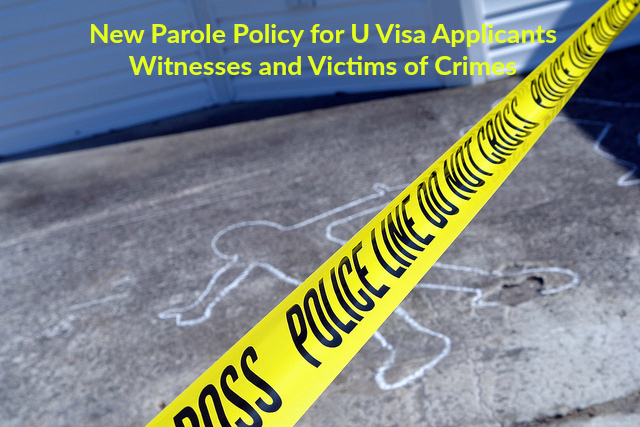If your case remains pending with U.S. Citizenship and Immigration Services (USCIS) beyond the posted processing times for your immigration benefit request, you may consider requesting assistance from the Ombudsman’s Office.
What is the USCIS Ombudsman?
The Office of the Citizenship and Immigration Services Ombudsman (CIS Ombudsman) helps individuals and employers resolve difficulties they are experiencing with USCIS. The Ombudsman functions independently and is part of the Department of Homeland Security (DHS).
Before an applicant can request for help from the Ombudsman, they must have contacted USCIS within the last 90 days and given the agency at least 60 days to resolve their problem. If a Congressional representative is already assisting you, the Ombudsman’s office cannot help you.
If USCIS does not resolve the issue (via submission of an e-request, or other communication method) the applicant can prepare and submit a case assistance request with the Office of the Ombudsman.
The most common issues the Ombudsman can assist with are:
- Cases involving an emergency or a hardship that falls under the USCIS expedite criteria
- Expedite requests approved by USCIS more than 2 months ago
- Typographical errors
- Improper rejections
- Cases involving U.S. military personnel and their families
- Aging out of eligibility
- Undelivered USCIS notices or decisions
- Transfers to the Department of State for approved petitions
 Visa Lawyer Blog
Visa Lawyer Blog





